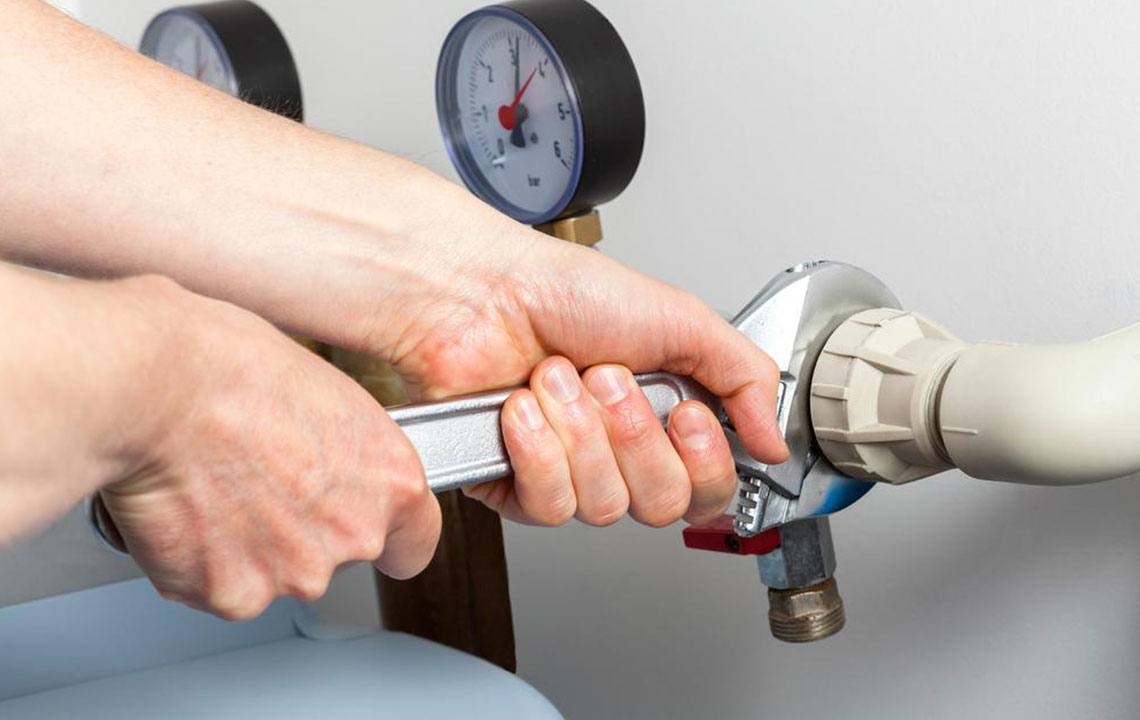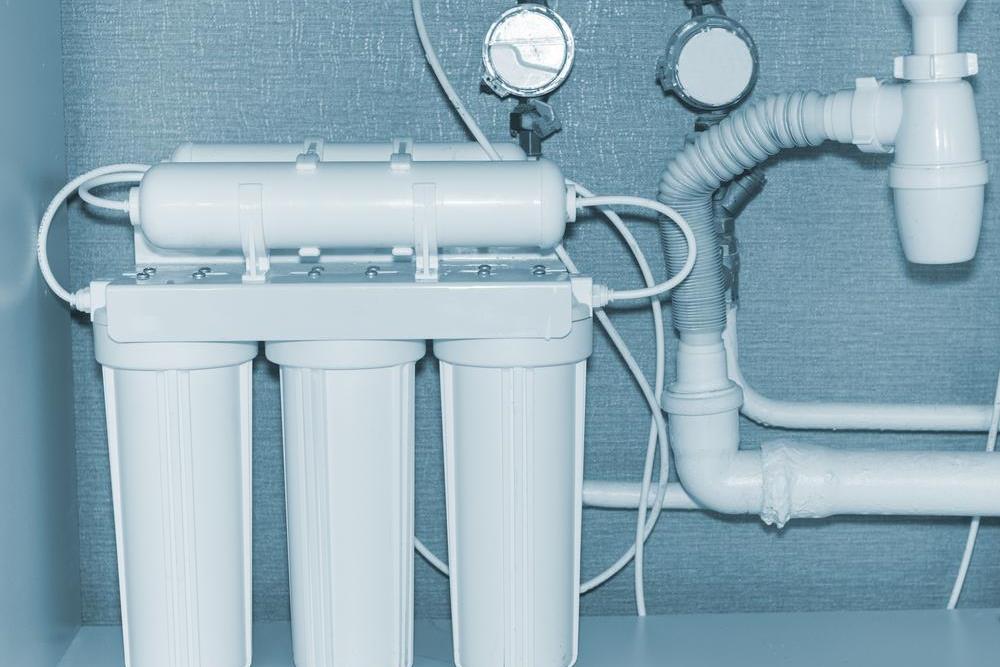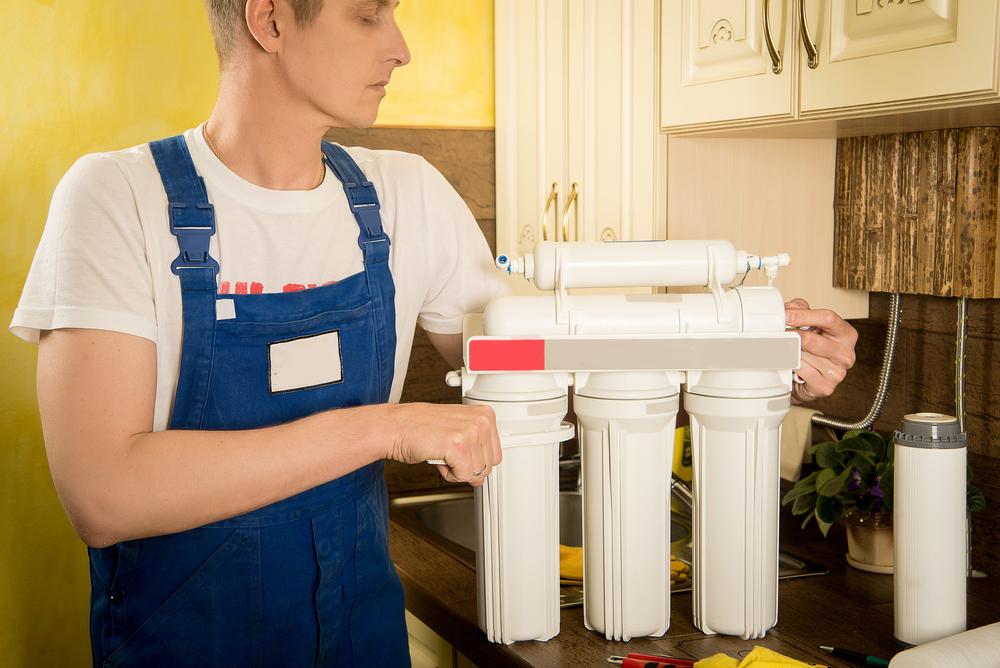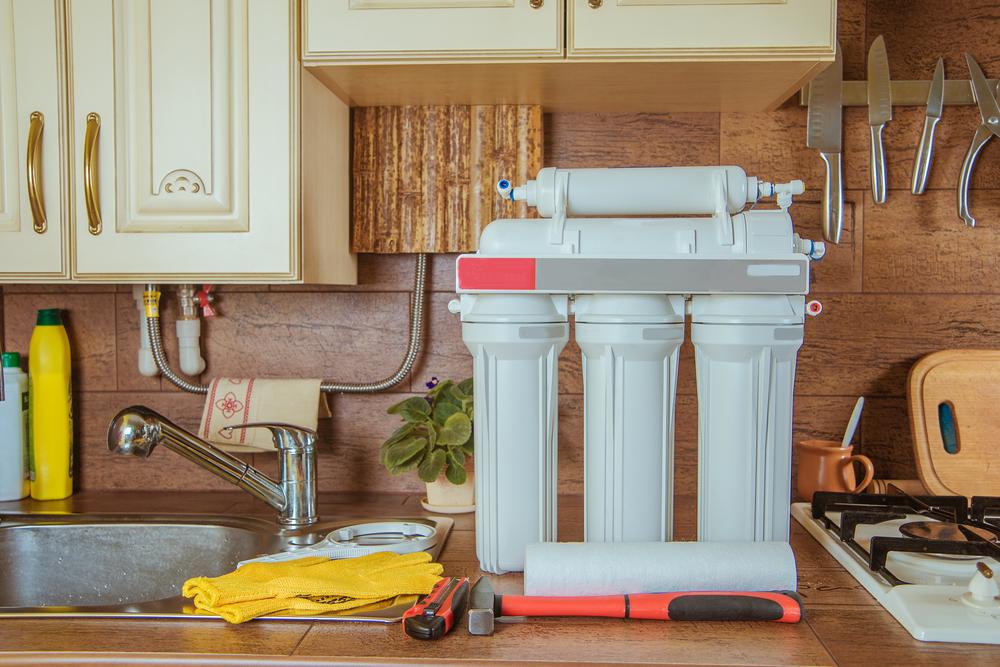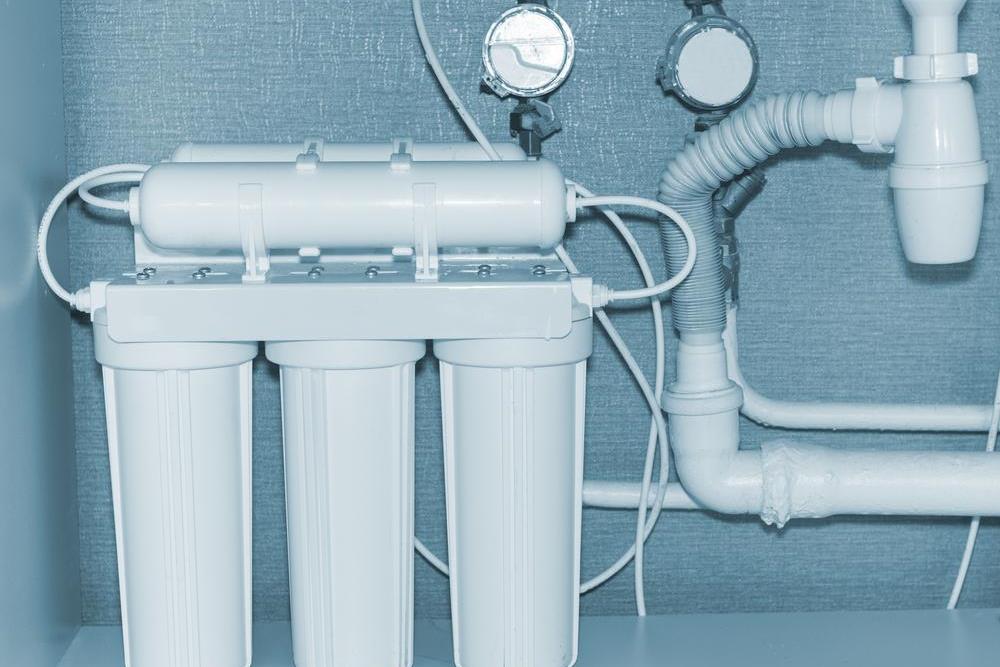Essential Tips for Selecting the Perfect Water Softening System
Discover expert tips for choosing the ideal water softener to eliminate hardness, improve appliance longevity, and ensure soft, clean water. Learn what to consider, including capacity, certification, and maintenance needs, for a smarter water treatment investment.
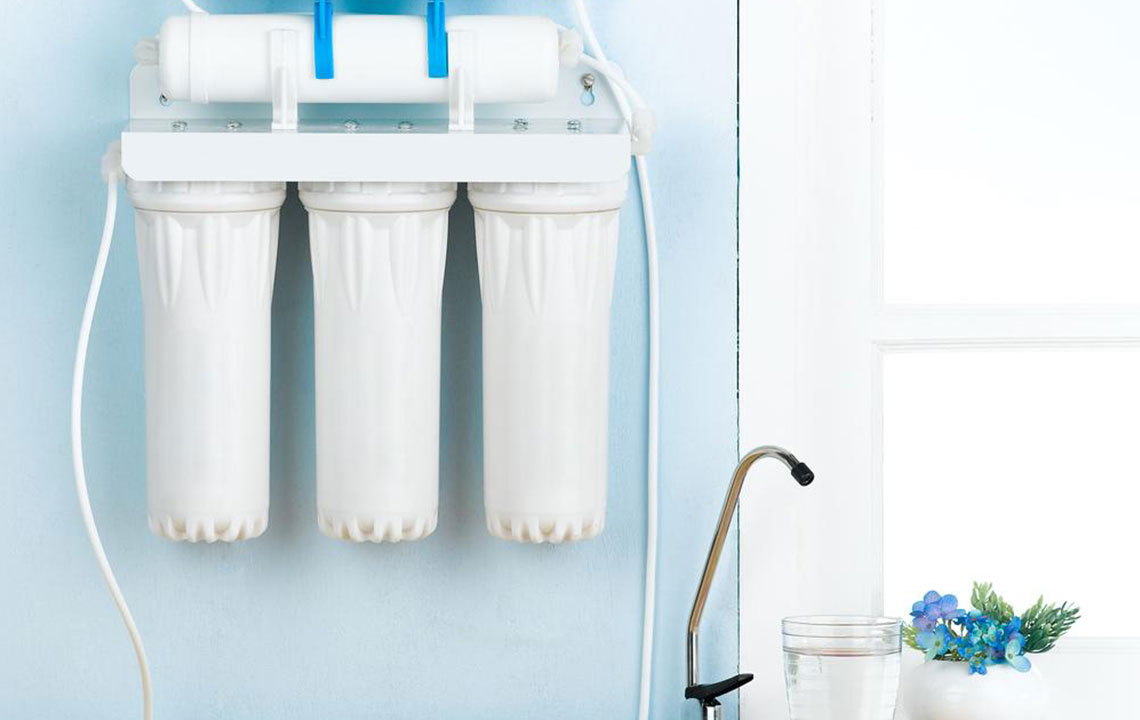
Choosing the Right Water Softener Made Easy
Water softeners work by removing calcium and magnesium ions through ion exchange, replacing them with salt or sodium. NSF-certified models are highly recommended for quality assurance. Opting for a softener with a system monitor helps you maintain optimal performance by alerting you when salt levels are low, ensuring continuous soft water supply.
The hardness of water is measured in grains per gallon (GPG). The grain capacity indicates how many grains a softener can handle before regeneration is needed. To find the best softener for your household:
Count your household members.
Multiply the number of people by their daily water usage in gallons.
Test water hardness using a test kit.
Multiply hardness level by total water usage to determine grains removed daily.
This process helps you choose a water softener that meets your specific needs. Once you know the grains to be managed daily, select a unit with appropriate capacity.
Over time, resin beds inside softeners can accumulate hard particles, requiring regeneration. During this cycle, salt mixes with incoming water to cleanse the resin. After regeneration, your system is ready to supply soft, clean water again.
Note:
Our blog provides useful insights across many topics, supported by research and data. Please consider this information as guidance, not definitive advice. We cannot guarantee the accuracy of all data or claims. Additionally, some offers or schemes may not be included.

